Introduction
Welcome, parents and caregivers. Your roles are vital in nurturing the potential of your little ones. You introduce them to the world, encouraging exploration and discovery through the most delightful form of learning—play. Let's delve into the significance of play in child development and uncover seven critical benefits, as shared by our childhood experts.
The Foundation of Secure Attachment
Early bonding between parents and children is the cornerstone of secure attachment, a crucial element in a child's development. Secure attachment helps children learn to trust and build healthy relationships. Those with secure attachments tend to be happier, more socially competent, and better at forming positive relationships with family and friends. Therefore, play is indispensable in fostering early child-caregiver relationships.
How Play Builds Secure Attachment
As a parent or primary caregiver, you are your child's first playmate. Playtime supports and strengthens the bond you share with your infant. Starting as early as the first month of life, play can be a joyful and essential activity. However, moderation is key—play should be brief, intentional, and responsive to your baby’s cues. If your baby appears tired, fussy, hungry, or in need of a diaper change, pause and attend to these needs before resuming play.
Introducing Play: Floor Time and Tummy Time
Wondering where to begin? Floor time is an excellent way to introduce play from one month of age. For effective tummy time, get down on the floor with your baby on the play mat. This will make you less intimidating and more engaging. Always be mindful of your baby’s cues—if they seem fussy, tired, or uninterested, address their immediate needs first. Remember, each baby’s tolerance for playtime is different. Play is essential to a baby's physical and emotional well-being and evolves as they develop new skills.
Seven Developmental Benefits of Play
1. Secure Attachment
Engaging with your baby through play helps build a secure attachment, crucial for their emotional well-being. It strengthens the bond between you and sets a foundation for trust and healthy relationships.
2. Emotional Regulation
Being attuned to your child's needs and interacting with them through play from birth helps them learn to self-regulate. This early emotional support lays the groundwork for future success in emotional regulation.
3. Decision Making Skills
Play aids toddlers in developing decision-making skills. Through various play activities, children learn to make choices, fostering their sense of independence and critical thinking.
4. Self-Esteem
Play provides children with a sense of belonging and connectedness, which are significant predictors of self-esteem. Positive play experiences build confidence and a healthy self-image.
5. Instilling Self-Care
Play can also role model self-care. Through playful activities, children learn essential self-care skills that are vital for their overall success and well-being later in life.
Sensory Play: Exploring the World Through Senses
Sensory play is crucial for babies, allowing them to explore and make sense of the world through their senses. These activities engage sight, sound, touch, taste, and smell, helping babies understand their environment and themselves.
Benefits of Sensory Play for Babies
- Cognitive Growth: Sensory play stimulates babies' curiosity and promotes brain development. Simple activities like feeling different textures or listening to various sounds can significantly enhance cognitive growth.
- Language Development: Describing sensory experiences to your baby helps develop their language skills. Talking about the textures, colors, and sounds they encounter lays the groundwork for future vocabulary.
- Fine Motor Skills: Handling different objects and exploring their textures improves fine motor skills. Activities like squeezing a soft toy or playing with textured balls can enhance dexterity.
Gross and Fine Motor Skills Development
Play is vital for the development of both gross and fine motor skills, which are essential for a baby's physical growth and daily activities.
Gross Motor Skills
Gross motor skills involve large muscle movements and coordination. For babies, these skills are developed through activities that encourage movement and strength.
- Tummy Time: Helps babies build neck and shoulder muscles, essential for later motor skills like crawling and walking.
- Reaching and Grasping: Encourages muscle development and coordination. Hanging toys just within reach can motivate babies to stretch and grab.
- Rolling Over: Stimulates muscles and coordination, preparing babies for more complex movements.
Fine Motor Skills
Fine motor skills involve precise movements using smaller muscles. For babies, these skills develop through activities that require small, controlled movements.
- Grasping Small Objects: Playing with small, safe toys like the Thiingy Sensory Teething Ball helps babies practice their pincer grasp, which is crucial for tasks like feeding themselves later on.
- Passing Objects: Moving toys from one hand to the other improves coordination and hand-eye coordination.
- Exploring with Fingers: Feeling different textures and manipulating soft objects enhances fine motor precision and tactile awareness.
Conclusion
Play is not just a fun activity; it is a fundamental aspect of your baby's development. By engaging in play, you help build secure attachments, enhance emotional regulation, develop decision-making skills, boost self-esteem, instill self-care habits, and support sensory, gross motor, and fine motor development. Embrace playtime with your little ones and watch them flourish.
Engage, play, and nurture. Together, we can foster the growth and development of our children through the simple yet powerful act of play.
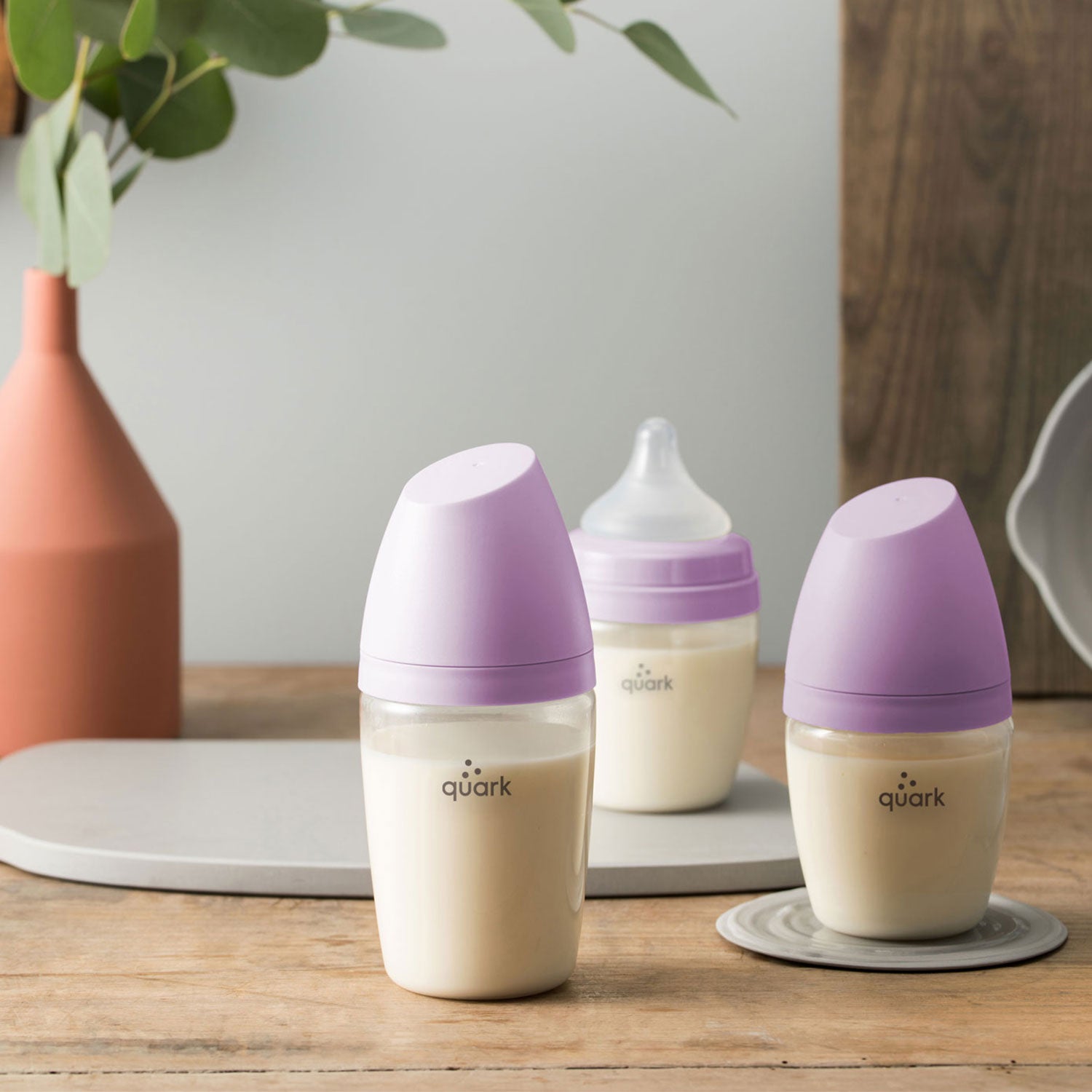
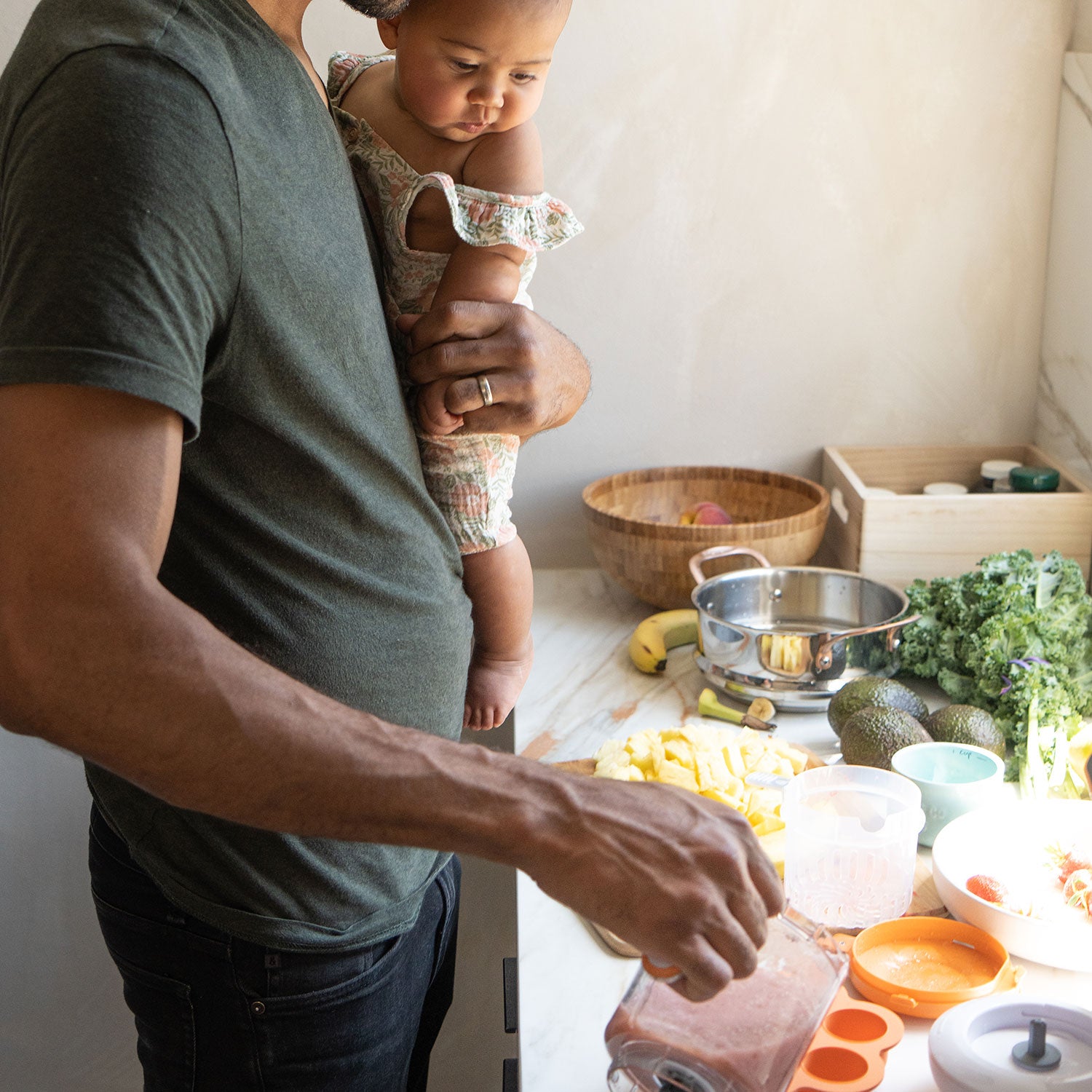

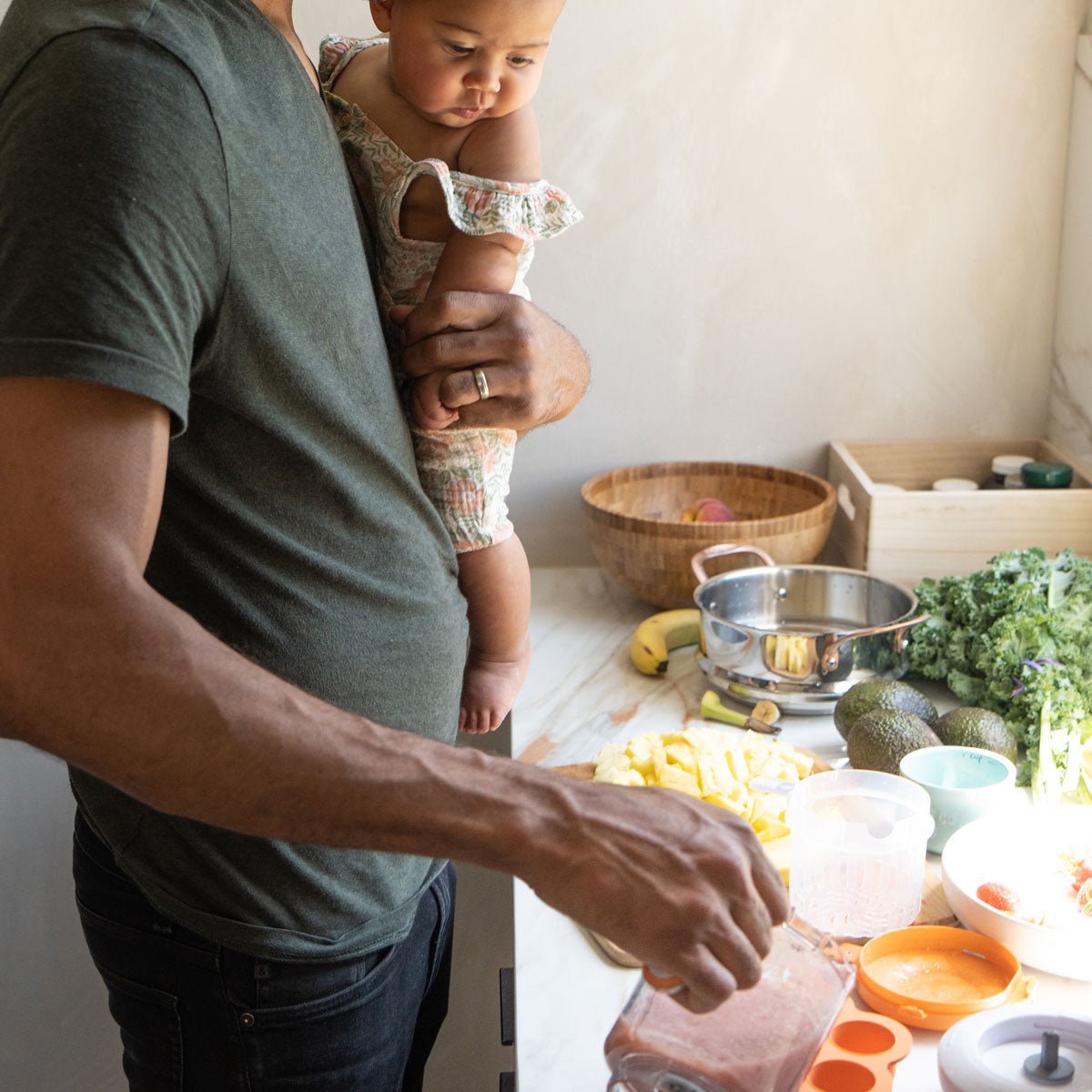
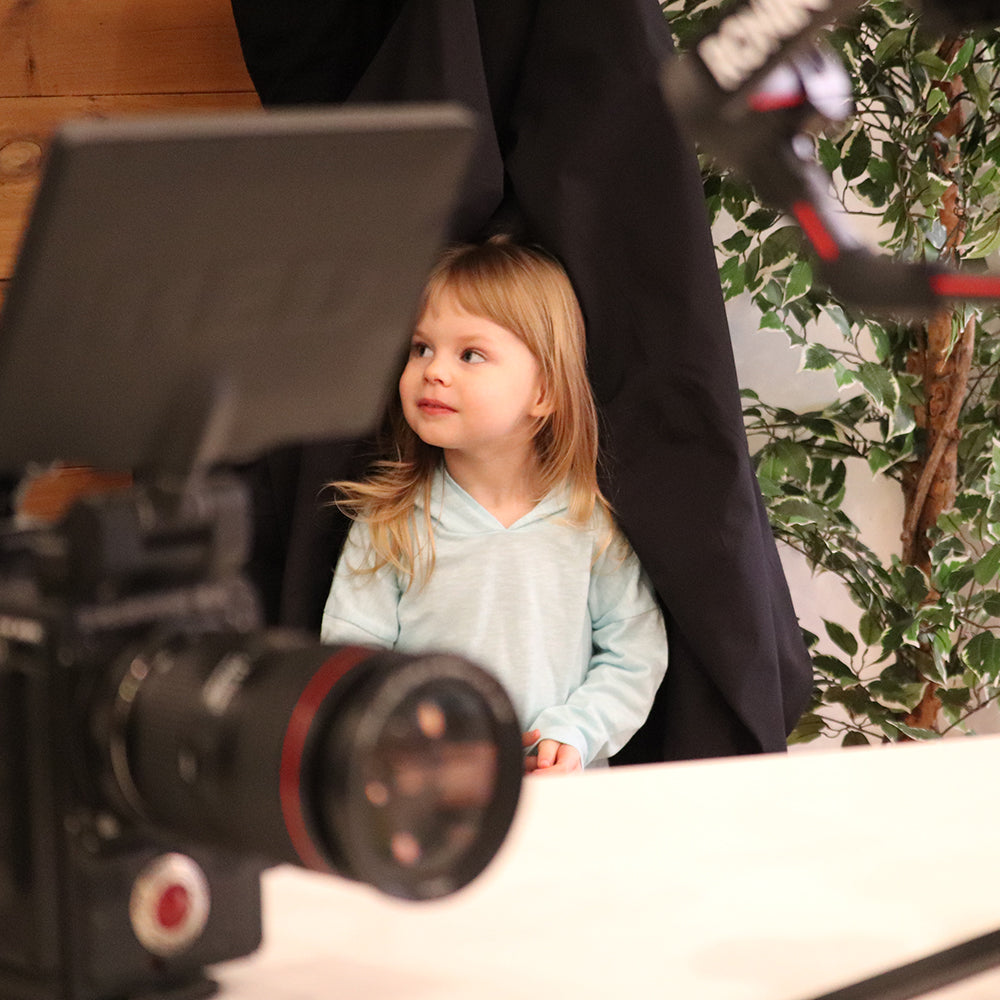


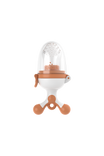









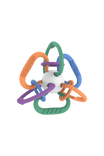

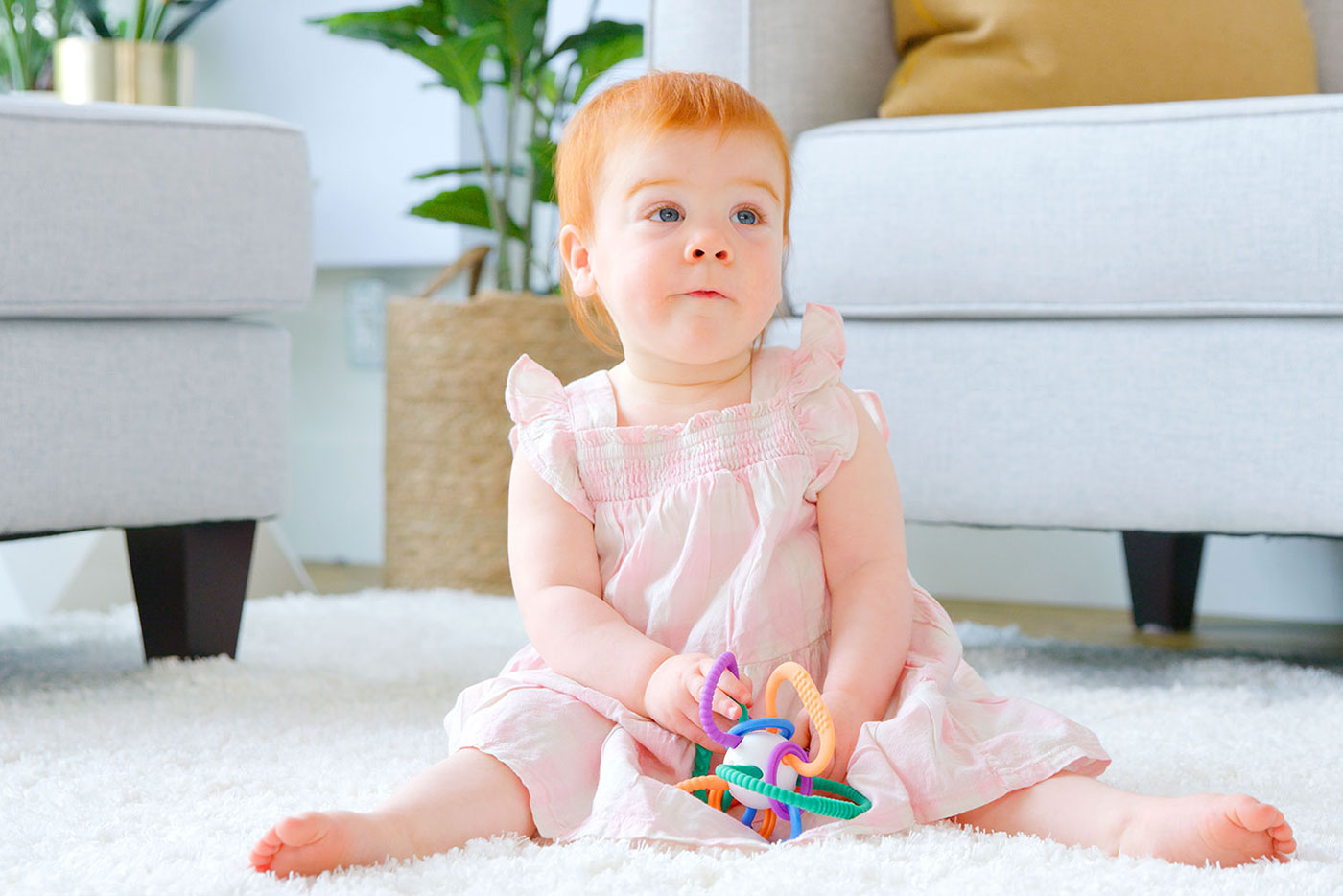
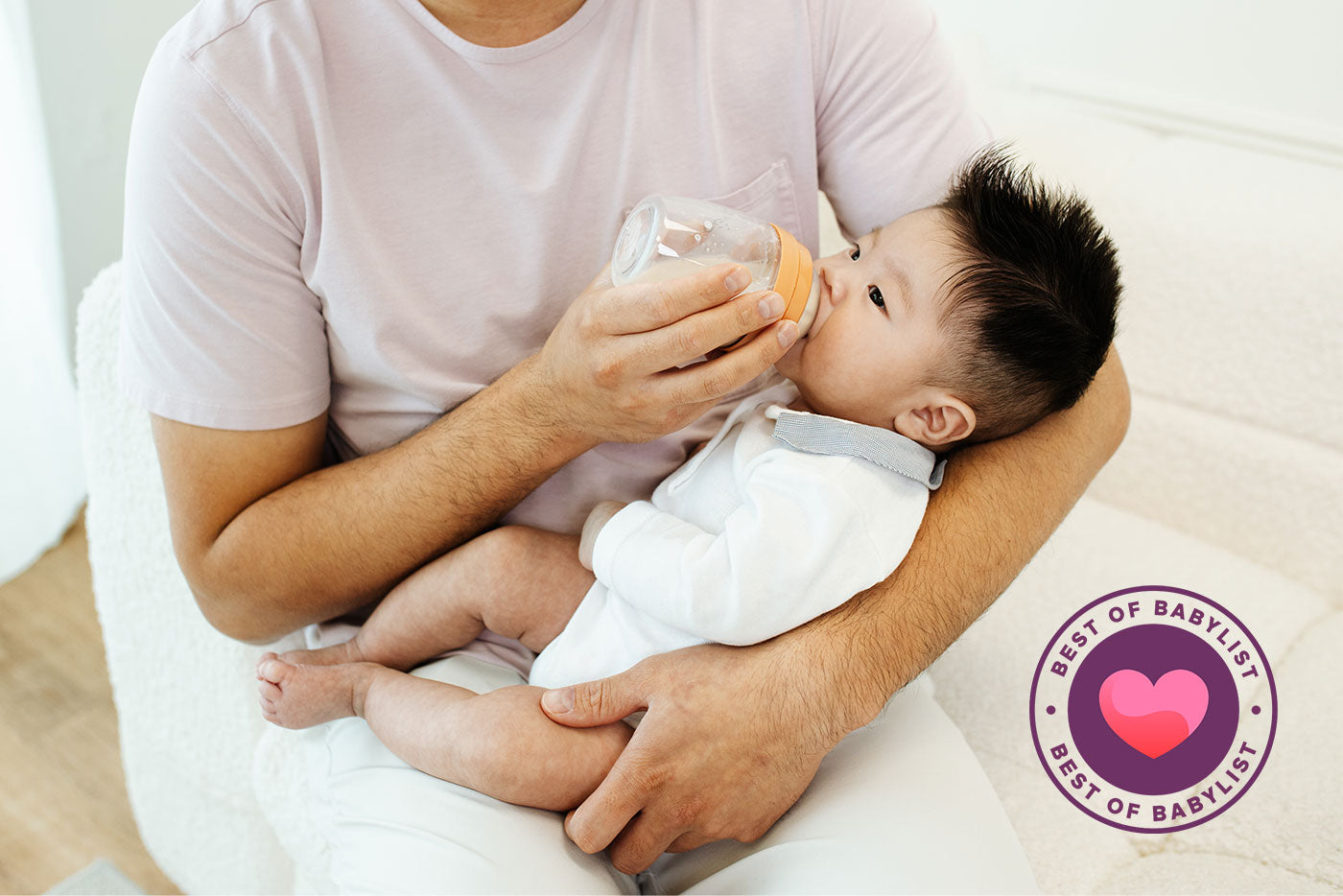

Leave a comment
All comments are moderated before being published.
This site is protected by hCaptcha and the hCaptcha Privacy Policy and Terms of Service apply.